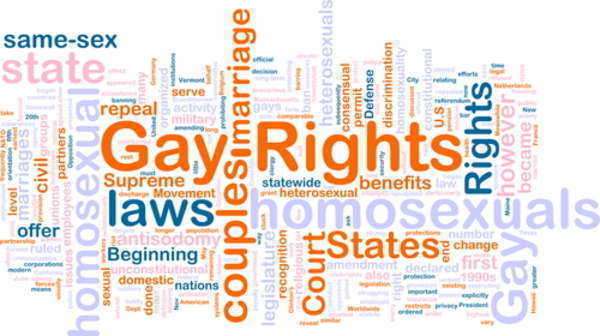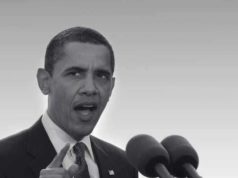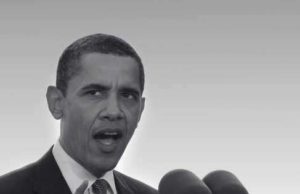
Marco Rubio, a Florida Senator and favorite for GOP nomination in the 2016 election, spoke on Tuesday to echo his support for nondiscrimination and permitting states to grant same-sex couples equality and marriage rights. By giving the power to the states, Rubio inconspicuously affirmed his support for limiting marriage to one woman and one man and did not commit to any statement or action that would advance equality rights for the lesbian, gay, bisexual and transgender community.
In making extensive comments on the LGBT community, Florida Senator Marco Rubio on Tuesday avoided taking any strong positions for or against a constitutional amendment banning same-sex couples from marrying one another. Rubio’s tip-toeing leaves his views on federal legislation ambiguous, which in many ways, renew his support for keeping marriage between one woman and one man.
With his comments—or lack thereof–the Republican who is often noted as a potential 2016 presidential candidate, revealed the complex position the Republican Part finds themselves in as they look to adjust the party to meet the nation’s evolved stance on LGBT rights.
Rubio claimed that he is against discrimination but refused to take a stance on the longstanding Employment Non-Discrimination Act, an anti-gay discrimination piece of legislation. Moreover, Rubio dodged specific questions on whether same-sex couples should be able to receive protections under immigration law, despite his ample investment in broad immigration issues.
Rubio; however, did reiterate his opposition to a Federal Marriage Amendment that would ban gay couples from marrying anywhere in the nation, reaffirming comments he made in May of last year. Rubio, by maintaining his support for Florida’s amendment banning same-sex couples from marrying, echoed his statements that the issue of permitting or denying same-sex couples from marrying should be decided by individual states.
When asked if he believed that same-sex couples should be included in immigration reform, Rubio told the media, “If the issue becomes central in the debate, it’s going to complicate matters.” When asked he had a strong view on the issue, the Florida Senator said, “That plays to the core issue of marriage in general, and I think that’s an issue to be decided by the states.”
Although the answer may suggest that the Senator thinks a state’s decision whether to permit same-sex couples to marry should control whether they are treated as a union for immigration purposes, the federal ban on recognizing gay marriages under the Defense of Marriage Act, which the Senator has supported in the past, doesn’t allow the government to acknowledge to state’s decisions. This; however, could change depending on the outcome of a pending Supreme Court decision challenging the provision of the Defense of Marriage Act.
Rubio affirmed the arguments of lawyers opposing the Defense of Marriage Act, saying of the states, “I think the state’s should always decide the definition of marriage.”







































